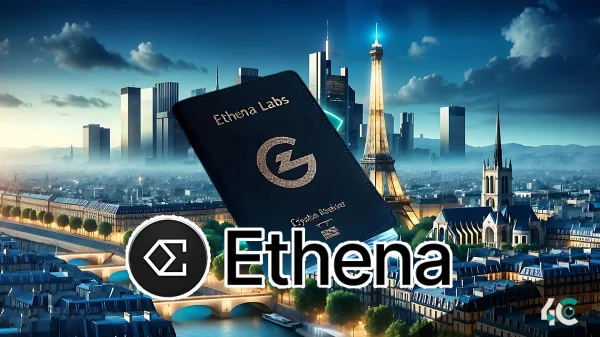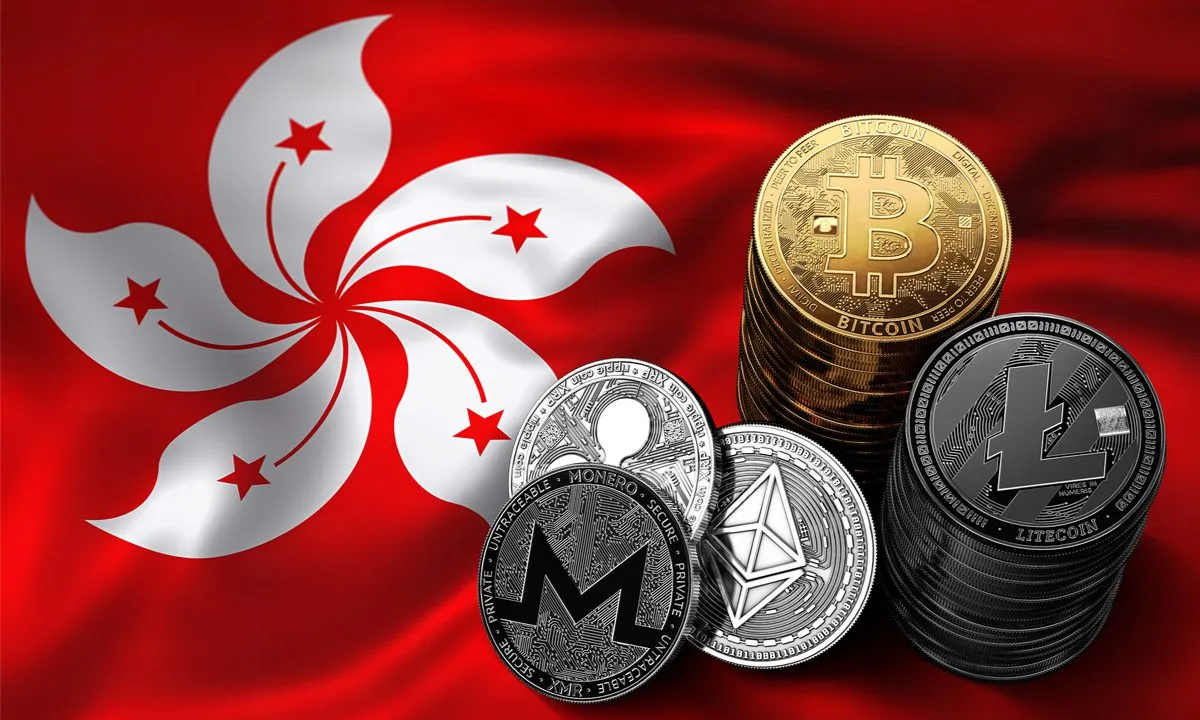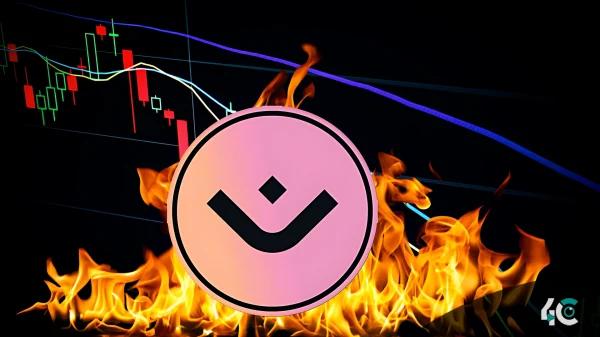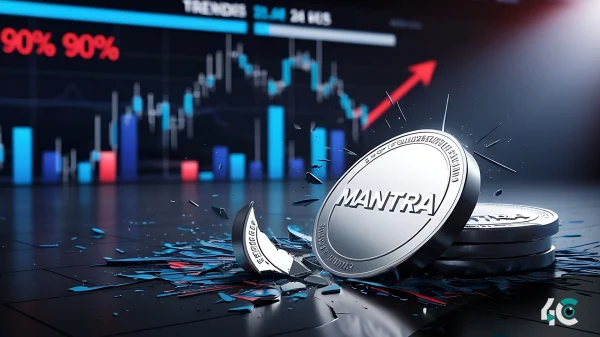In a significant legal development, the High Court of Hong Kong has ordered the disclosure of financial records for Mantra Chain, a decentralized autonomous organization (DAO) entangled in a dispute over ownership and control. The ruling comes in response to a legal battle between Mantra DAO, Inc., its former infrastructure host RioDeFi, and a group of defendants accused of misappropriating funds and seizing control of the DAO.
The plaintiffs, including RioDeFi’s directors and shareholders, claim that the defendants began treating the DAO’s assets as their own and failed to provide regular financial reports after January 2021. The court’s decision to enforce financial transparency seeks to maintain the current state of affairs and shed light on Mantra Chain’s financial operations, which have faced criticism for their opaque financial management.
The legal conflict highlights the challenges and evolving nature of governance within DAOs. The defendants contend that token holders, rather than individual owners, collectively make decisions in DAOs operating under a decentralized model. This stance underscores the complexities involved in reconciling traditional legal frameworks with the innovative, distributed nature of blockchain organizations.
The court’s ruling not only sheds light on the specific financial discrepancies in this case but also sets a precedent for greater transparency in the broader cryptocurrency and blockchain sectors. By ensuring that all parties have access to critical financial information, the court is advocating for a more equitable and informed legal process.
This decision marks a pivotal moment for DAOs and their integration into conventional legal and financial systems. It reflects a growing recognition of the need for transparency and accountability in the management of digital assets, which could pave the way for more detailed regulatory frameworks and enhance investor confidence in the blockchain industry.
The implications of this court decision could impact future governance practices and regulatory approaches, balancing the benefits of decentralization with robust oversight and accountability, as DAOs continue to play an increasingly significant role in the financial landscape.













































